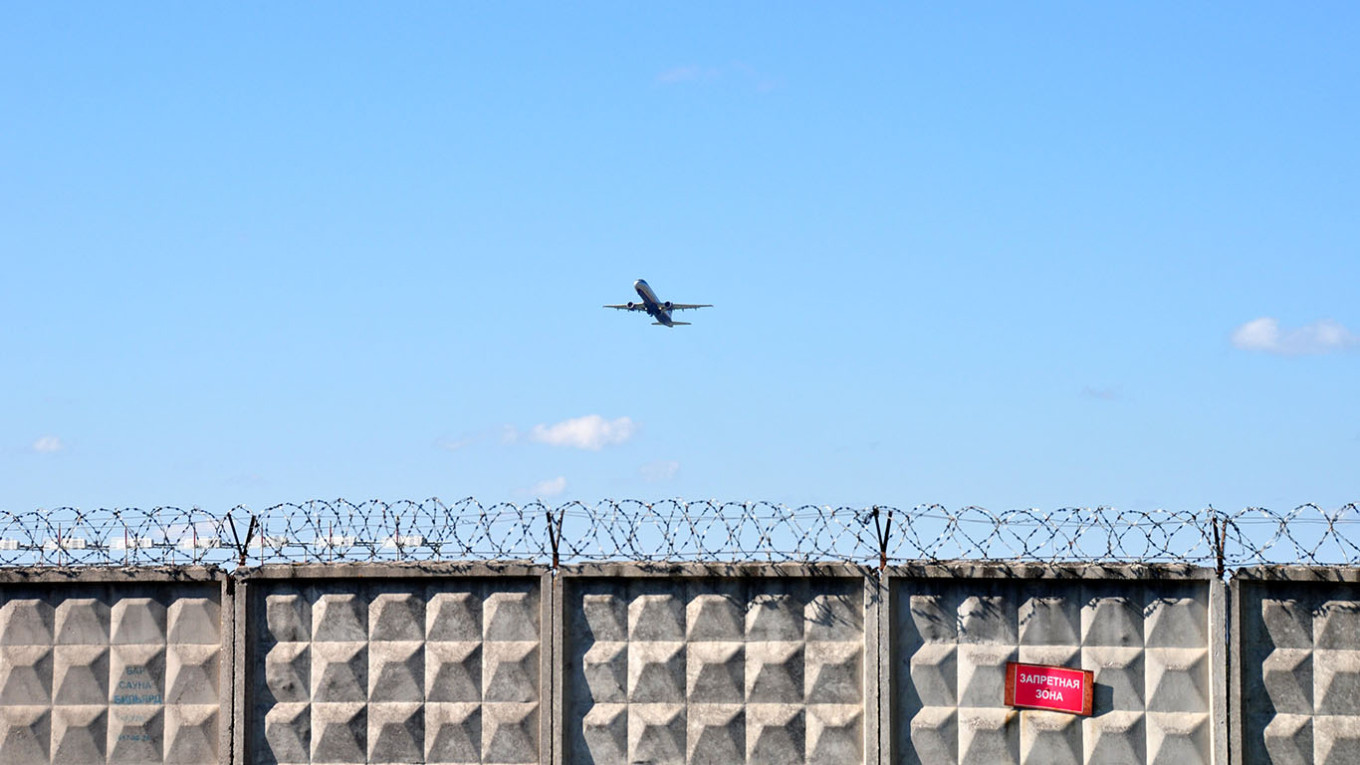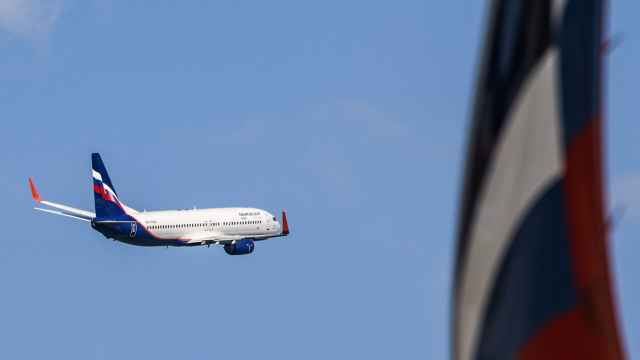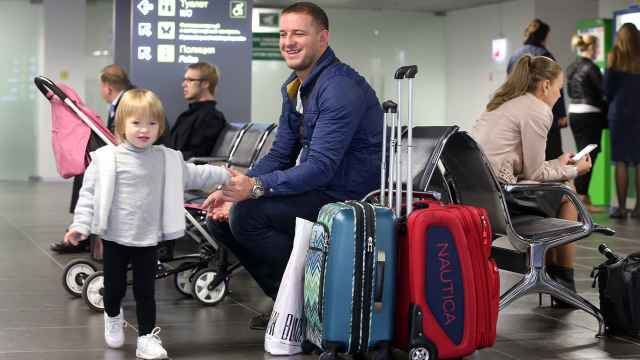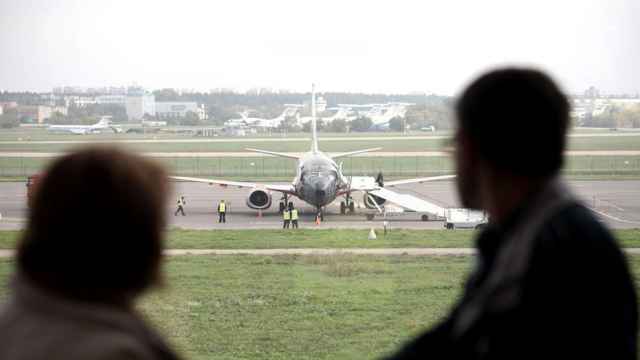The closure of Russian airspace to Western airlines following the full-scale invasion of Ukraine has forced planes to take longer flight routes, raising the aviation sector's overall planet-warming carbon dioxide emissions, researchers said Wednesday.
Dozens of Western countries closed their airspace to Russian aircraft after the February 2022 invasion, in response to which Moscow introduced its own ban on Western airlines.
The closures led to an initial drop in flights between North America and Europe to East Asia. As routes adjusted, airlines were forced to take significant detours to avoid Russian airspace.
This has meant longer journeys south of Russia or over the Arctic and more fuel burned in the process, according to the authors of a new study published in the peer-reviewed journal Communications Earth & Environment.
To better understand the environmental impacts, researchers looked at 750,000 flights made between March 2022 and December 2023, representing 1,100 of the roughly 90,000 flights taken every day around the world.
Despite being just a fraction of the total, the extra distance taken by these flights had "a notable impact on aviation's overall carbon footprint," said Nicolas Bellouin, who co-authored the study from the University of Reading.
"These detours added 8.2 million tonnes of CO2 to global aviation emissions in 2023," Bellouin added.
These major flight route detours increased global carbon dioxide emissions from aviation by 1% in 2023.
"On average, a deviated flight emits 18 extra tons of CO2, roughly equivalent to the emissions of one single short-haul flight," the study reads, noting that emissions of other pollutants "almost certainly increased as well."
Russian airlines have been operating fewer long-haul flights since 2022, which may have avoided some emissions, the authors noted.
But it was likely more passengers traveling between Europe and Asia were transiting through the Middle East instead of opting for direct flights, they added.
This inefficiency meant the geopolitical situation "presents a major obstacle" to the reduction of aviation CO2 emissions, the study concludes.
A Message from The Moscow Times:
Dear readers,
We are facing unprecedented challenges. Russia's Prosecutor General's Office has designated The Moscow Times as an "undesirable" organization, criminalizing our work and putting our staff at risk of prosecution. This follows our earlier unjust labeling as a "foreign agent."
These actions are direct attempts to silence independent journalism in Russia. The authorities claim our work "discredits the decisions of the Russian leadership." We see things differently: we strive to provide accurate, unbiased reporting on Russia.
We, the journalists of The Moscow Times, refuse to be silenced. But to continue our work, we need your help.
Your support, no matter how small, makes a world of difference. If you can, please support us monthly starting from just $2. It's quick to set up, and every contribution makes a significant impact.
By supporting The Moscow Times, you're defending open, independent journalism in the face of repression. Thank you for standing with us.
Remind me later.






